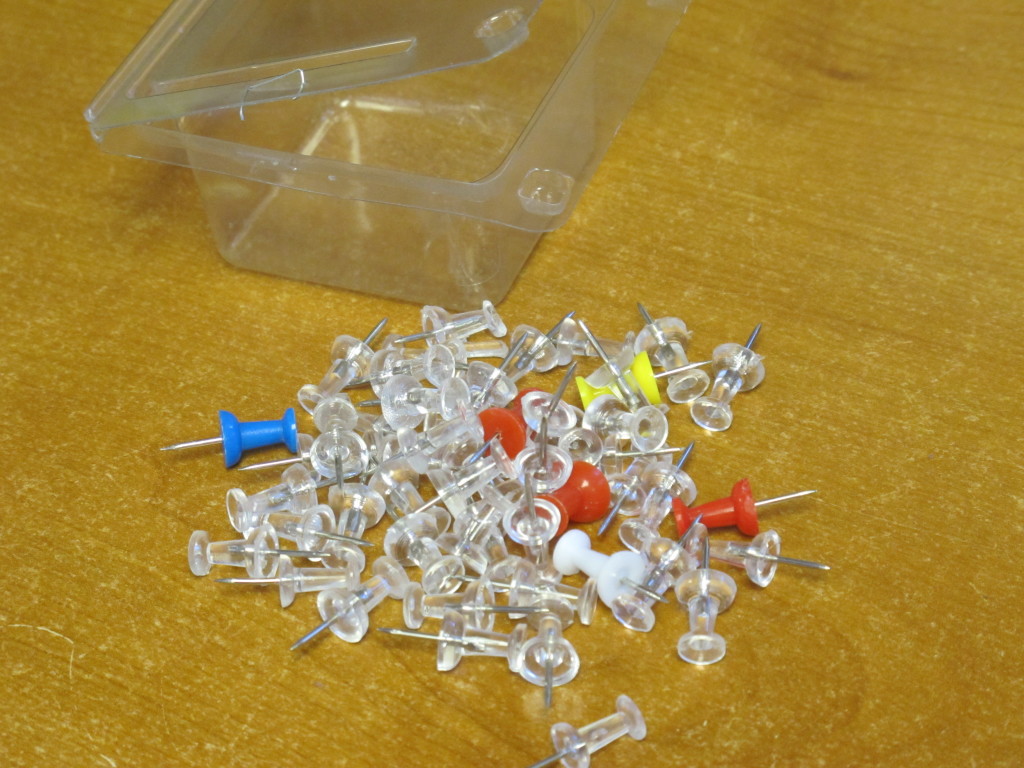The mark of a really good coach is the person who can find relatively simple solutions to a difficult problem in the gym. We have all had those moments where a coach may show you a “new” drill and you kick yourself for not thinking of it.
My most recent was working the drop in for in bar stalders.
Functional Fixedness.
According to Wikipedia:
Functional fixedness is a cognitive bias that limits a person to using an object only in the way it is traditionally used. Karl Duncker defined functional fixedness as being a “mental block against using an object in a new way that is required to solve a problem.”[1] This “block” limits the ability of an individual to use components given to them to complete a task, as they cannot move past the original purpose of those components.
In a classic experiment demonstrating functional fixedness, participants were given a candle, a box of thumbtacks, and a book of matches, and asked to attach the candle to the wall so that it did not drip onto the table below. Duncker found that participants tried to attach the candle directly to the wall with the tacks, or to glue it to the wall by melting it. Very few of them thought of using the inside of the box as a candle-holder and tacking this to the wall. The participants were “fixated” on the box’s normal function of holding thumbtacks and could not re-conceptualize it in a manner that allowed them to solve the problem.
How I approach difficult problems has changed since first reading about Functional Fixedness while I was in college. Now when faced with a difficult problem in or out of the gym I remind myself to “empty out the thumbtacks”.





